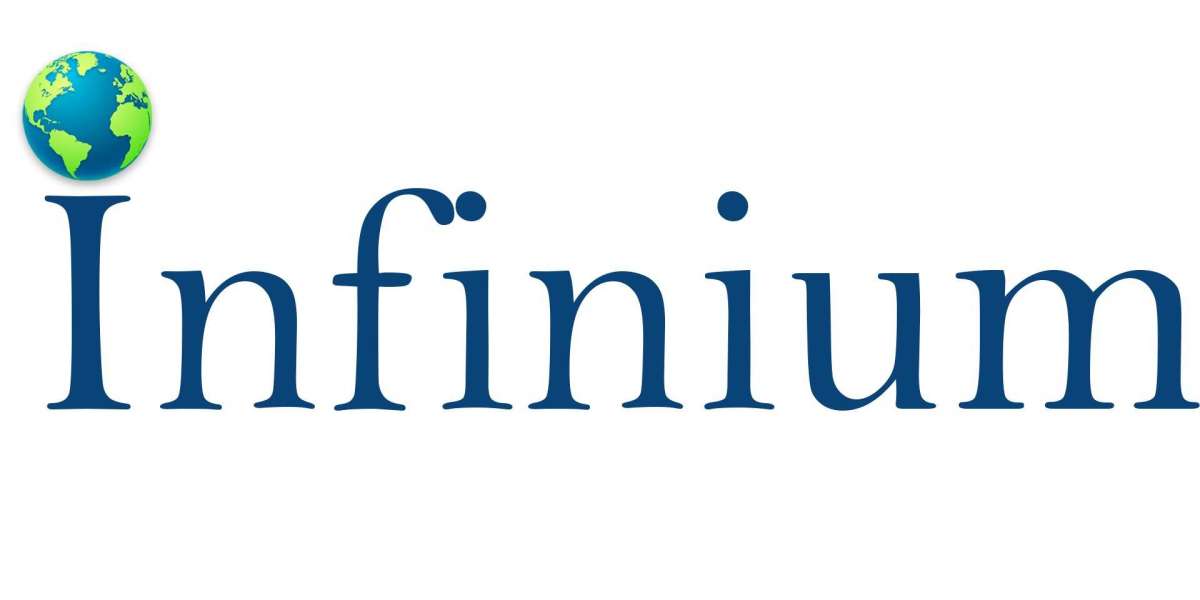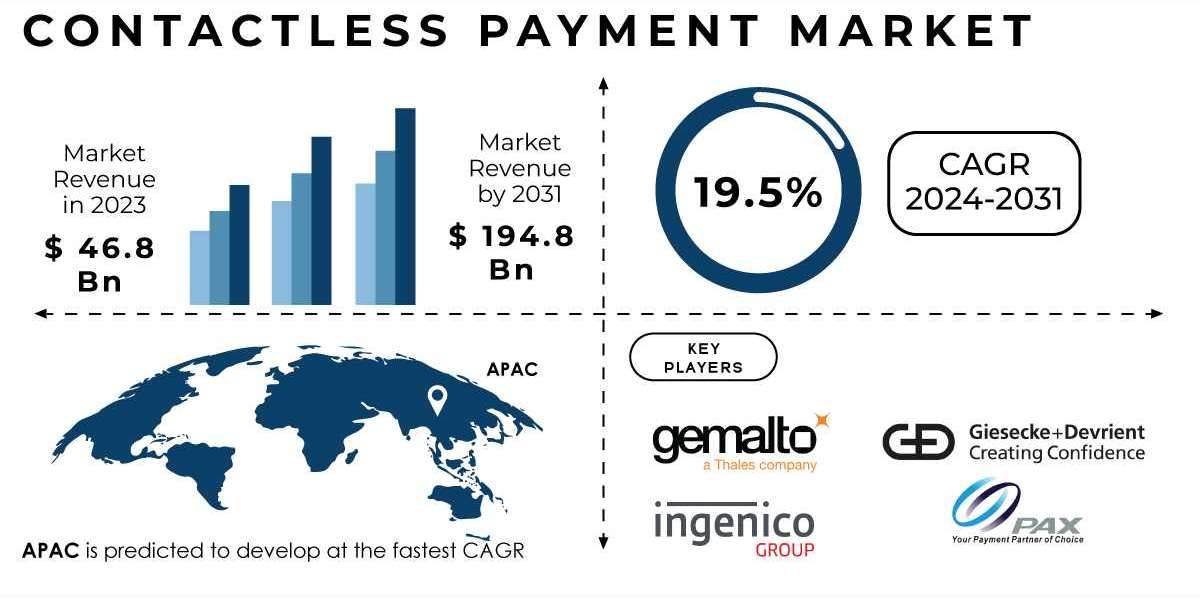Advanced PCM Market: Astonishing Opportunities or Just Hype?
Market Dynamics:
Drivers
- Increasing Demand for Energy Efficiency: The push for more energy-efficient solutions in building and construction drives the demand for PCMs.
- Growth in Renewable Energy: Advanced PCMs are essential for storing energy, supporting the growth of renewable energy technologies.
- Technological Advancements: Innovations in PCM technologies increase their applications across various industries, from textiles to electronics.
Challenges
- High Costs: The initial cost of PCMs is higher than traditional materials, which can deter potential buyers.
- Technical Limitations: Issues with stability and durability under varying conditions limit broader adoption.
Opportunities
- Expansion in Emerging Markets: Growing industrialization and infrastructure development offer significant opportunities in emerging economies.
- Increased Applications in Healthcare: PCMs are finding new applications in the medical field, such as temperature-sensitive drug transport.
Regional analysis:
- North America: Leads the market due to strong RD investments and government support for sustainable technologies. The focus is on enhancing building efficiency and integrating PCMs in HVAC systems.
- Europe: Driven by stringent energy efficiency regulations and sustainability initiatives. Countries like Germany and the UK are major markets due to their focus on green building technologies.
- Asia-Pacific: The fastest-growing region, driven by urbanization, industrialization, and government initiatives promoting energy-efficient infrastructure. China and India are key players in the market.
- Latin America Middle East: Emerging markets with growing infrastructure projects. Increased awareness of energy conservation is driving PCM adoption in construction and industrial applications.
Sample pages of Report: https://www.infiniumglobalresearch.com/reports/sample-request/933
Market Segmentation:
By Type:
- Organic: Paraffins and fatty acids known for high latent heat storage capacity.
- Inorganic: Salt hydrates, offering higher thermal conductivity but facing challenges like supercooling.
- Bio-based: Derived from renewable resources, gaining traction due to environmental benefits.
By Application:
- Building Construction: Used in walls, ceilings, and floors for thermal management.
- HVAC: Enhances the efficiency of heating and cooling systems.
- Electronics: Manages heat dissipation in devices.
- Textiles: Provides thermal comfort in clothing and bedding.
- Healthcare: Ensures temperature stability in drug transport and medical equipment.
Competitive Landscape:
Market Share of Large Players: Dominated by major companies like BASF SE and Honeywell International Inc., which leverage extensive RD capabilities and distribution networks.
Price Control: Large players often set market prices due to their control over production and supply chains, making it challenging for smaller companies to compete on cost.
Competition: Small and mid-size companies focus on innovation and specialized applications to challenge larger players, often targeting niche markets where they can provide customized solutions.
Key Players:
- BASF SE
- Honeywell International Inc.
- Croda International Plc
- Phase Change Energy Solutions, Inc.
- Outlast Technologies LLC
Report Overview : https://www.infiniumglobalresearch.com/reports/global-advanced-phase-change-material-market
Future outlook:
New Product Development: Continual innovation in PCM technology is essential. Companies that invest in RD to improve PCM properties and find new applications are more likely to capture emerging opportunities and maintain a competitive edge.
Targeting Youngsters: With growing environmental awareness among younger demographics, companies are increasingly focusing on this segment. Marketing strategies highlight the sustainability and energy efficiency of PCM products to appeal to eco-conscious consumers.
Conclusion:
The Advanced Phase Change Material Market is on a growth trajectory, fueled by the global demand for energy-efficient and sustainable solutions. Despite challenges like high costs and technical limitations, the market presents significant opportunities in emerging regions and diverse applications. Companies that prioritize innovation and strategic marketing are well-positioned to thrive in this evolving landscape.



